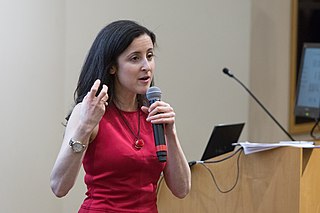A Quote by Sheri Fink
If you ever face a significant disaster, do your best to keep up the spirits of those around you, act flexibly and creatively to help, try to sort rumors from truth, and remember that the decisions you make will have repercussions after the disaster has passed.
Related Quotes
It is some disaster for any mind to hold any one thing for truth that is untrue, however insignificant it be, or however honestly it be held. It is a greater disaster when the false prejudice bars the way to some truth behind it, which, but for it, would find an entrance to the soul; and the greatness of the disaster will in this case be measured by the importance of the excluded truth.
If your cash is about to run out, you have to cut your cash flow. CEOs have to make those decisions and live with them however painful they may be. You have to act and act now; and act in the best interest of the company as a whole, even if it means that some people in the company who are your best friends have to work somewhere else.
































